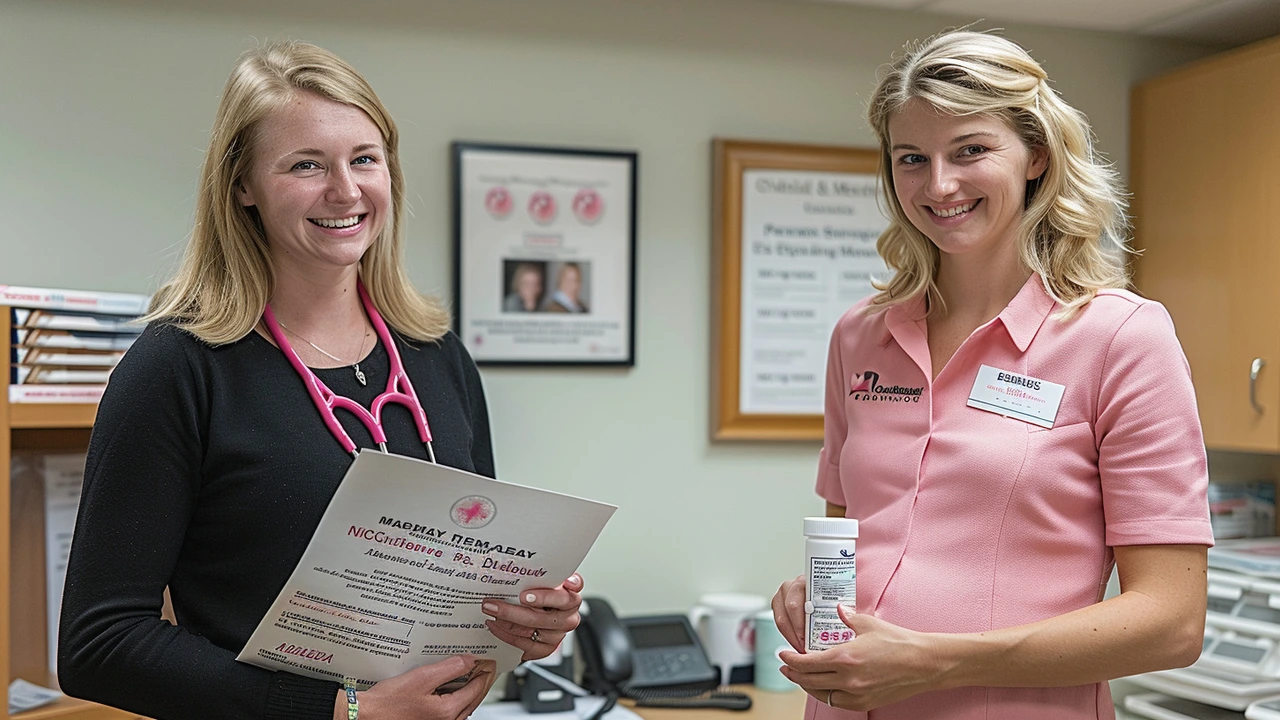Health Tips: Practical, Safe, and Simple Ways to Feel Better
Most adults take at least one medication each week, yet many don't know the basics of using it safely. Small mistakes—wrong timing, mixing with alcohol, skipping doses—cause real harm. These tips focus on immediate actions you can use today to lower risk, feel better, and get more from treatments.
Track what you take. Use a simple list on your phone: drug name, dose, reason, and time. Update it after every new prescription or supplement. Share that list with every provider you see so they can check for interactions.
Read label warnings first. The leaflet that comes with pills matters. Look for major flags: pregnancy risk, interactions with common drugs like blood thinners, and whether you should avoid alcohol or certain foods. If anything sounds unclear, ask your pharmacist.
Buying meds and supplements safely
Buying online? Pick pharmacies with a physical address, clear contact info, and a verified pharmacist. Never buy prescription drugs without a valid prescription. For supplements, choose brands that show third-party testing or certificates.
Watch for side effects and act fast. Keep notes on new symptoms after starting a drug. If you get rash, breathing trouble, severe stomach pain, or sudden mood changes, stop the drug and call your doctor or emergency services. For milder issues like nausea or dizziness, check with your prescriber before quitting.
Lifestyle moves that help meds work better
Sleep, food, and movement change how medicines behave. Take meds at the same time each day - pair them with routines like breakfast or brushing teeth. Some drugs work better with food, others on an empty stomach; follow instructions. Regular sleep and moderate exercise also improve outcomes for many chronic conditions.
Be skeptical of miracle claims. If a pill or supplement promises instant fixes with no downsides, it's probably overhyped. Look for balanced reviews, clinical studies, or guidance from trusted medical sites. Ask your clinician if a new treatment fits your health profile.
Keep emergency info handy. Store a list of allergies, major diagnoses, and current meds where first responders or family can find it—like a wallet card or phone note. That one step can change care in a crisis.
Talk openly with your provider. Mention over-the-counter drugs, herbs, and how you actually take your meds. Honest conversation helps your clinician adjust doses, avoid bad mixes, and choose simpler options if you struggle with complex schedules.
Small habits beat big promises. Use checklists, ask questions, and treat supplements like medicines—respect their power and limits. Those few changes make daily life safer and help medicines do the job they were meant to do.
Set reminders for refills and tests. Many drugs need blood work or follow-up to stay safe—think lipid panels, liver tests, or blood counts. Use your pharmacy's auto-refill, calendar alarms, or a pill organizer if you miss doses. If cost makes you skip meds, ask about generics, patient assistance programs, or a different dosing plan. Saving money shouldn't mean risking your health. Talk to your pharmacist.

Understanding the Potential Side Effects of Misoprostol: What You Should Know
Misoprostol is a medication often prescribed for various reasons, including inducing labor and treating stomach ulcers. It's essential to understand its potential side effects to better manage them if they occur. This article explores common and less common side effects and provides tips on handling them effectively. Read on to make informed decisions about your health.
read more
